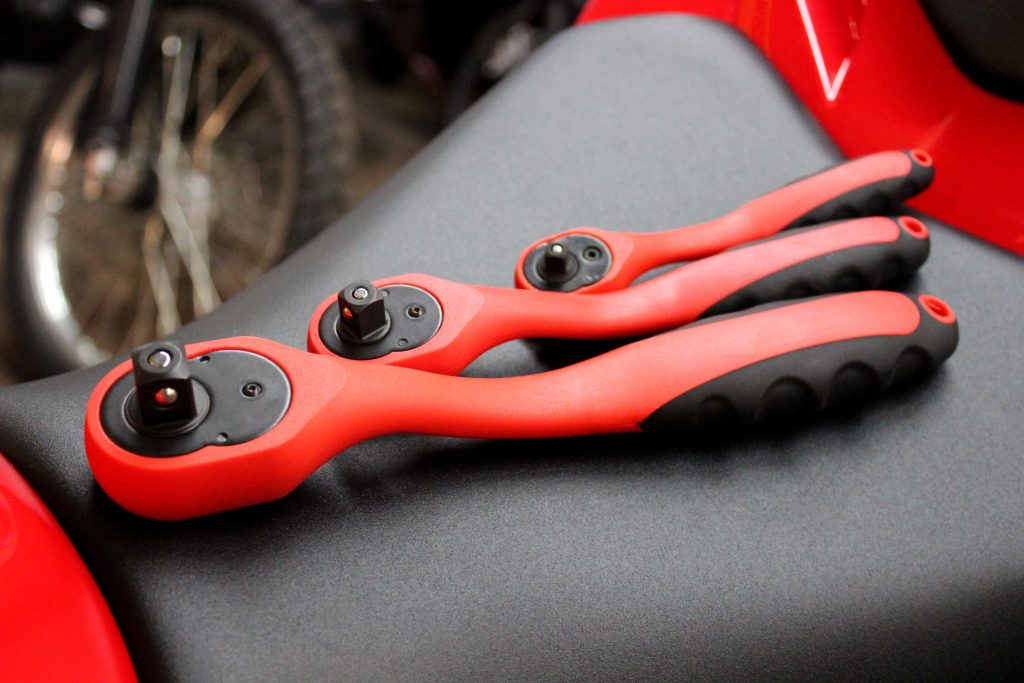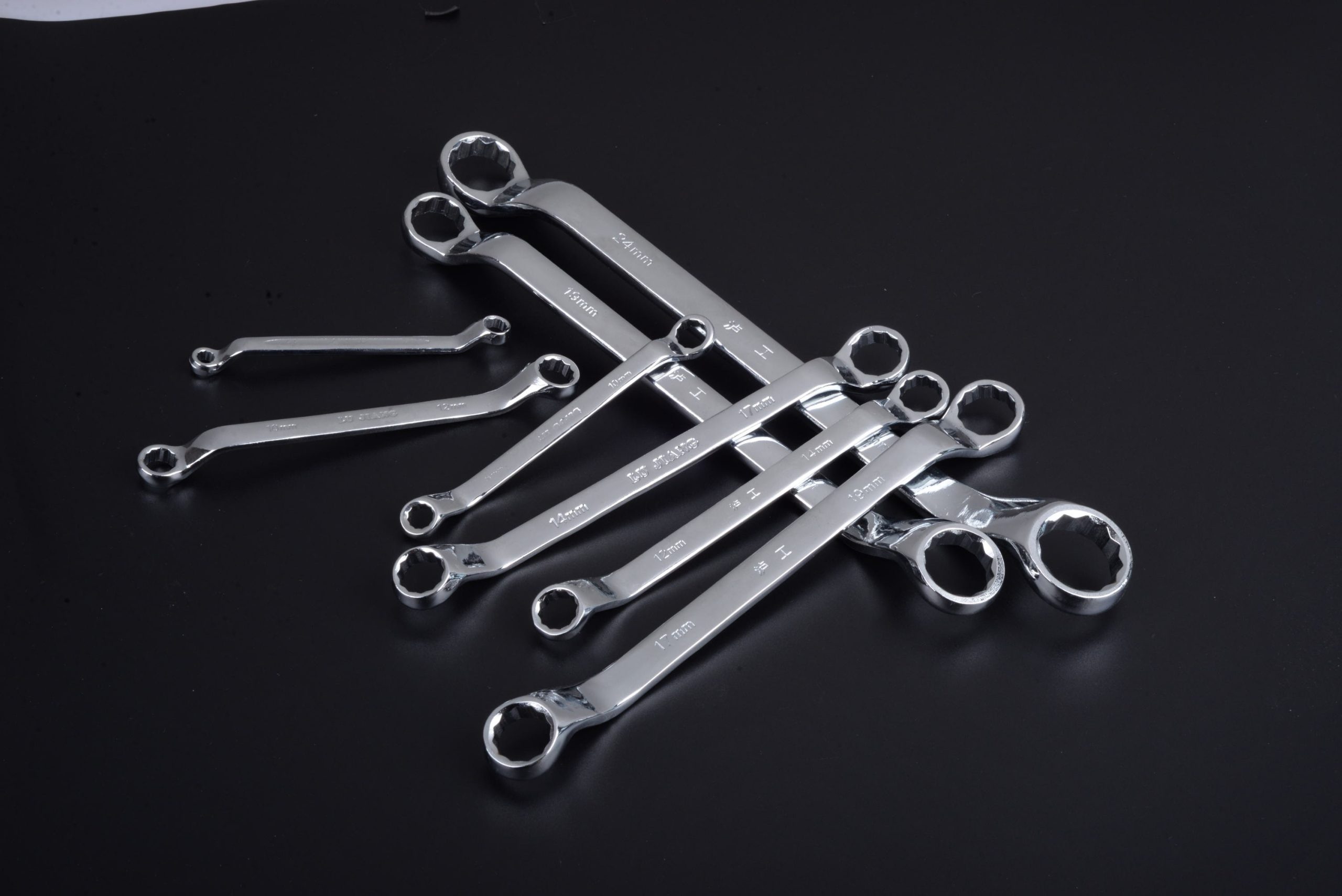A steel shop is a business that specializes in the manufacturing and distribution of metal products, such as pipes, tubes, structural members, and rolled stock. Steel shops typically produce a wide variety of metals using various processes and materials. They can also provide related services such as engineering consulting and custom fabrication.
Steel shop is essential to the economy because they create jobs in both manufacturing and sales channels. They play an important role in contributing to economic growth by creating new products or increasing the production of existing products.
The Different Types Of Steel Shops
Steel shops typically fall into one of two categories: basic and special-purpose.

Basic steel shops create common, everyday items like pots and pans, tools, and other household items. Special-purpose steel shops focus on creating customized pieces of metalwork specific to a particular client or job requirement. These specialized pieces may include things like high-strength arms for aircraft engines or heavy armor plating for military vehicles.
Both types of steel shops use similar processes to transform raw materials into finished products.
The main difference between the two is how they select which parts of the process will be used most effectively in order to meet customer requirements quickly and cheaply. Basic steel shops tend to use more traditional methods such as hammering and welding while special-purpose steel shops often rely more on cutting and shaping techniques.
How A Steel Shop Helps Businesses
A steel shop can help businesses save time and money, as well as improve their overall efficiency.
- Reduced production costs – With better equipment and more skilled workers, businesses can reduce the amount of time it takes to produce products. This will in turn decrease the cost of goods sold.
- Higher quality products – Using better tools and techniques results in higher quality products. This is because errors are less likely to occur, which means fewer refunds or returns are necessary.
- Increased productivity – Skilled employees working with state-of-the-art equipment lead to increased levels of productivity across the board. This translates into lower operating costs for businesses, plus more profit for themselves.
- Improved safety standards – Steel shops use stricter safety guidelines than other manufacturing processes, ensuring that everyone on site is safe at all times. This protects both employees and customers from accidents or injuries occurring during production cycles.
Conclusion:-
steel shop is that they must be diligent in their work and have proper safety precautions in place to avoid injuries. Maintaining a steel shop gives you access to a huge network that can help you with complex design and production in just a few weeks. Thus, it becomes easy to create quality products without spending much on initial expenses
